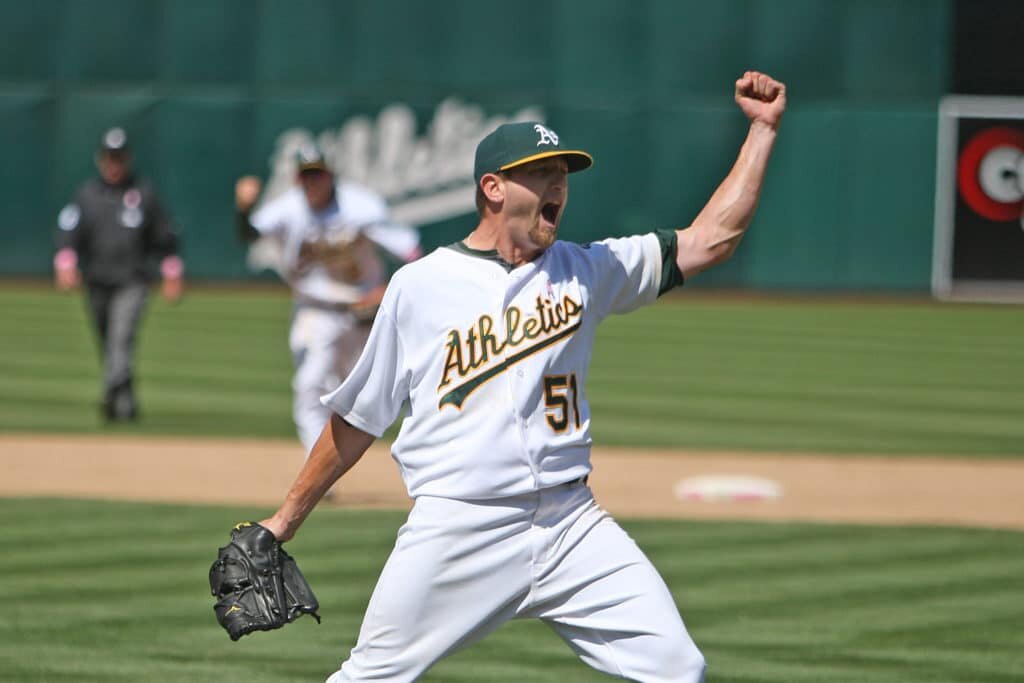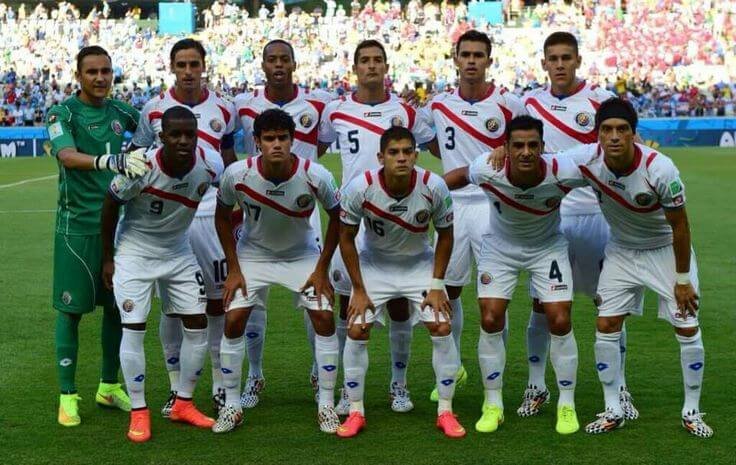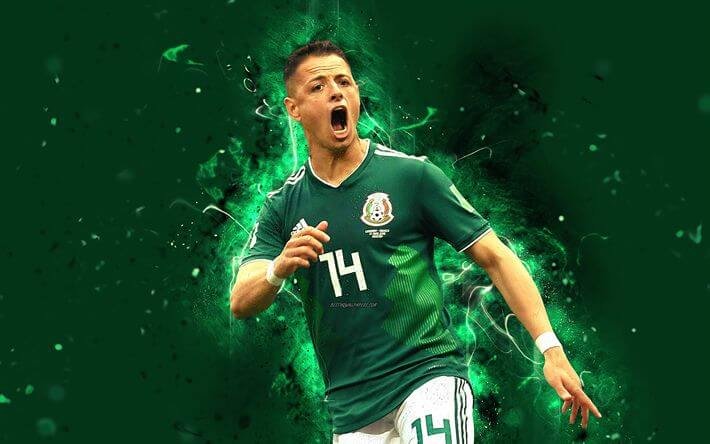Rafael Nadal has joined the list of high-profile tennis superstars to criticise Wimbledon’s decision to ban Russian and Belarusian athletes from participating in this year’s event. Nadal said that the organisers went ahead with the “most drastic option.”
The Wimbeldon ban affects a host of talented individuals, including the men’s world number 2 Daniil Medvedev, and women’s world number four Aryna Sabalenka.
“I think it’s very unfair of my Russian tennis mates, my colleagues. In that sense, it’s not their fault what’s happening in this moment with the war. In that sense, well, you know, talking about colleagues, I don’t know what to say,” said Nadal.
Nadal will make a comeback this week after recovering from a recurrent rib injury. He also slammed Wimbledon for going beyond its scope under pressure from the central government.
“When the government imposes some restrictions, you just have to follow them. In that case, the government gave a recommendation, and Wimbledon just took their decision, the more drastic position that they could take without taking into account; the government didn’t force them to do it.”
But this support hasn’t gone down well with Ukrainian tennis players. Sergiy Stakhovsky, a former tennis player who recently joined the Ukrainian army to fight the invasion, has condemned Rafael Nadal for extending allegiance to Russian athletes.
“@RafaelNadal we competed together … we’ve played each other on tour,” Stakhovsky wrote. “Please tell me how it is fair that Ukrainian players cannot return home? How it is fair that Ukrainian kids cannot play tennis? How is it fair that Ukrainians are dying?
@RafaelNadal we competed together.. we’ve played each other on tour. Please tell me how it is fair that Ukrainian players cannot return home? How it is fair that Ukrainian kids cannot ply tennis? How is it fair that Ukrainians are dying ? https://t.co/l3bZtBEfsU
— Sergiy Stakhovsky (@Stako_tennis) May 2, 2022
Alex Dolgopolov is another player to welcome the ban imposed by Wimbledon.
“Wimbledon isn’t going to stop the war, it’s just an extra sign of the world condemning Putin,” Dolgopolov told the Independent. “The more of these signals, if it’s tennis or if it’s FIFA blocking them from football, it shows people that Russia is doing something wrong.”
Wimbledon justified the move by stating that they don’t want to further the propaganda of the Russian regime by providing a platform to athletes from Russia and Belarus.






